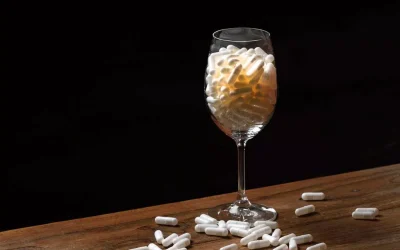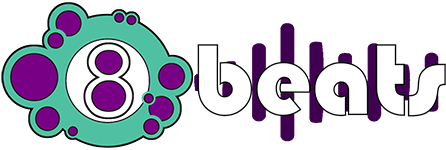Content
Researchers estimate that 20% of Americans take a drink sometimes to help them fall asleep. It might seem to help at first, because alcohol disrupts the brain’s mechanism for regulating sleep and wakefulness. This disruption can help you to fall asleep at first, but it also reduces the https://ecosoberhouse.com/ quality of your sleep and interrupts the REM sleep cycle. This makes you more likely to wake in the middle of the night and experience insomnia as you try to get back to sleep. Alcohol may aid with sleep onset due to its sedative properties, allowing you to fall asleep more quickly.
- This is particularly true for elderly adults because drinking produces higher levels of alcohol in their blood and brain compared to younger drinkers.
- The authors found that participants who reported sleeping only 6 hours per night were more likely to show signs of inadequate hydration than those who reported sleeping 8 hours per night.
- The REM stage of sleep is an important part of the sleep cycle, as it helps to consolidate memories, improve learning and problem-solving skills, and regulate mood.
Another ramification of this growing body of knowledge is the revision in the diagnostic criteria for sleep disorders. In this manuscript we will adhere to the ICSD-3 classification for sleep disorders. Alcohol can have a detrimental impact on sleep, but these problems can also persist once you decide to stop drinking. Finding ways to cope with insomnia and other sleep issues is important since poor sleep can be a risk factor for alcohol relapse.
Physical Activity and Sleep
If you’re concerned about your alcohol intake and sleep, visit your GP. They’ll be able to discuss your difficulties and provide advice and support. Any general advice posted on our blog, website, or app is for informational purposes only and is not intended to replace or substitute for any medical or other advice. If you have specific concerns or a situation arises in which you require medical advice, you should consult with an appropriately trained and qualified medical services provider. Second, there are things you can do to improve your chance of a good night’s sleep.
- If you regularly experience night sweats, it’s important to talk with a doctor.
- These specialists in treatment for alcohol addiction will guide users through withdrawal effects with psychotherapy, group therapy, and medication.
- In general, try to avoid drinking alcohol four hours before you plan on going to sleep.
- When people get older, they naturally experience a decrease in slow-wave sleep and an increase in nighttime wakefulness.
- Alcohol harms the production of GABA, and may lead to physical, emotional , and mental health damage.
Alcohol can worsen sleep apnea, a condition where a person’s breathing stops and regularly starts while they sleep. People’s tolerance to alcohol as a sleep aid rapidly increases, leading to insomnia and alcohol dependence. Alcohol can lead to fragmented sleep and waking up during the night, as it disrupts the sleep cycle. Research from 2018 corroborates this, suggesting that people experience a lower duration and quality of REM after consuming alcohol. Older research suggests the effects on REM sleep appear to be dose related.
How Long Sleep Issues Related To Alcohol Withdrawal May Last
While you may still experience effects of alcohol on your sleep, this buffer time may improve their severity. People with insomnia often wake up tired and struggle with poor memory or concentration. Over time, poor quality sleep can have a negative influence on many different aspects of your life, including your long-term health. If you’re experiencing sleeping alcohol insomnia issues, whether related to alcohol consumption or not, consider talking to your health care provider or a sleep specialist. Alcohol consumption at almost any level can cause sleep disturbance and induce sleep disorders. Drinking alcohol can disrupt the structure and duration of sleep states, alter total sleep time, and affect the time required to fall asleep.
“It can be very eye-opening to appreciate how much alcohol affects your sleep,” she said. A lot of people who think they have insomnia, she said, may just be drinking too much or too close to bedtime. Alcohol is a muscle relaxant and relaxes the muscles in your upper airways, disrupting normal breathing. Drinking can be especially dangerous for people with obstructive sleep apnea, who wake up many times during the night as their airways momentarily collapse.
Alcohol and Sleep Apnea
It has been reviewed by appropriate medical or clinical professionals and deemed accurate on the date of review. Photos are only for illustrative purposes and do not reflect every presentation of a condition. Our short survey takes just a few minutes to complete and helps us to keep improving our healthy lifestyle articles.

